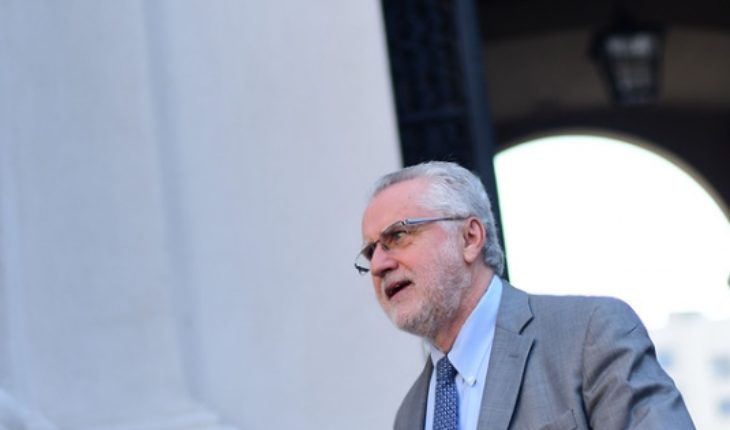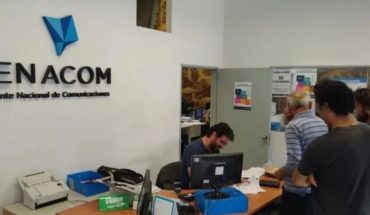“Exaggeration, shouting and dynamics are imposed that are very perverse to the conversation.” This is the harsh diagnosis of Michelle Bachelet’s former Energy Minister Maximo Pacheco about the debate on the workday reduction projects that have been taken on the agenda.
The discussion is confronted with the proposal for work flexibility to reduce to 41 hours of work the average presented by the Government and the 40-hour draft already approved in the Committee on Labour of the Chamber of Deputies, promoted by communist MEP Camila Vallejo. In this analysis, the former minister has a critical view of the Executive’s handling. “I look very bad to the government. I see him confused, I see him enervado, I see him with no capacity to build bridges (…) Dispute management processes are processes that require, first of all, perseverance, good use of language, serenity and patience. And the government doesn’t seem to be showing that,” he said during his participation in the annual Asimet forum.
According to Pacheco, “there is no doubt that reducing the working time to 40 hours is favorable for the quality of life of the people, for the economy, for the development and well-being of Chile (…) The direction (to reduce the day) is well on its way. We go in that direction and what matters most is first, set the direction and then see the details. The address is fixed and well fixed,” according to Emol.
Entrepreneurship’s reaction “defensively”
Pacheco also commented on the position taken by the entrepreneur in this initiative, which has chosen to criticize both projects of possible reduction of working hours, and this week announced his intention to prepare an alternative proposal.
On Tuesday, the Confederation of Production and Trade (CPC) convened representatives of small and medium-sized enterprises and trade unions to articulate their own proposal in this area, which “comes from the real and social actors who are the ones live the benefits, costs and consequences of bad public policy,” said business leader Alfonso Swett.
However, in the view of former Minister Pacheco, this entrepreneurship is “defensive, late and not very credible, because it is more of a reaction than a proposal.”
CUT accuses “blackmail”
Among the participants of the meeting convened by the CPC was not the Unitary Workers’ Central (CUT), which chose to marginalize from the meeting, but Arturo Martínez, the historic former president of the CUT, who now leads the Central Workers of Chile (CTCh).
However, from the CPC they expect the CUT to be added to this dialogue table. “The invitation was yesterday, it is today and it will be tomorrow,” said CPC helmsman Alfonso Swett, noting that “we have called for dialogue rather than taking positions and being able to understand each other, because we are talking about what affects citizenship rather than guilds.”
However, in the CUT they have no plans to join this instance. The president of the multi-union, Barbara Figueroa, was amused to point out that “we will not be available for blackmail either from the government or the entrepreneur.”
According to the management, “today clearly the CPC comes to make a lifeline to the government’s demands because in its erratic communication action it was disjointed and in the face of that the CPC goes on the offensive to defend the project of flexibility”.
By the way, Figueroa called Arturo Martínez a “former leader who is available to flexibility, which does not surprise or surprise us, what is worrying is that the CPC and the Government are so substantively making a bet to generate these divisions of the world union.”
translated from Spanish: Maximo Pacheco and his analysis of the 40-hour “battle”: “I see the Government very badly, confused and enervado”
August 21, 2019 |





